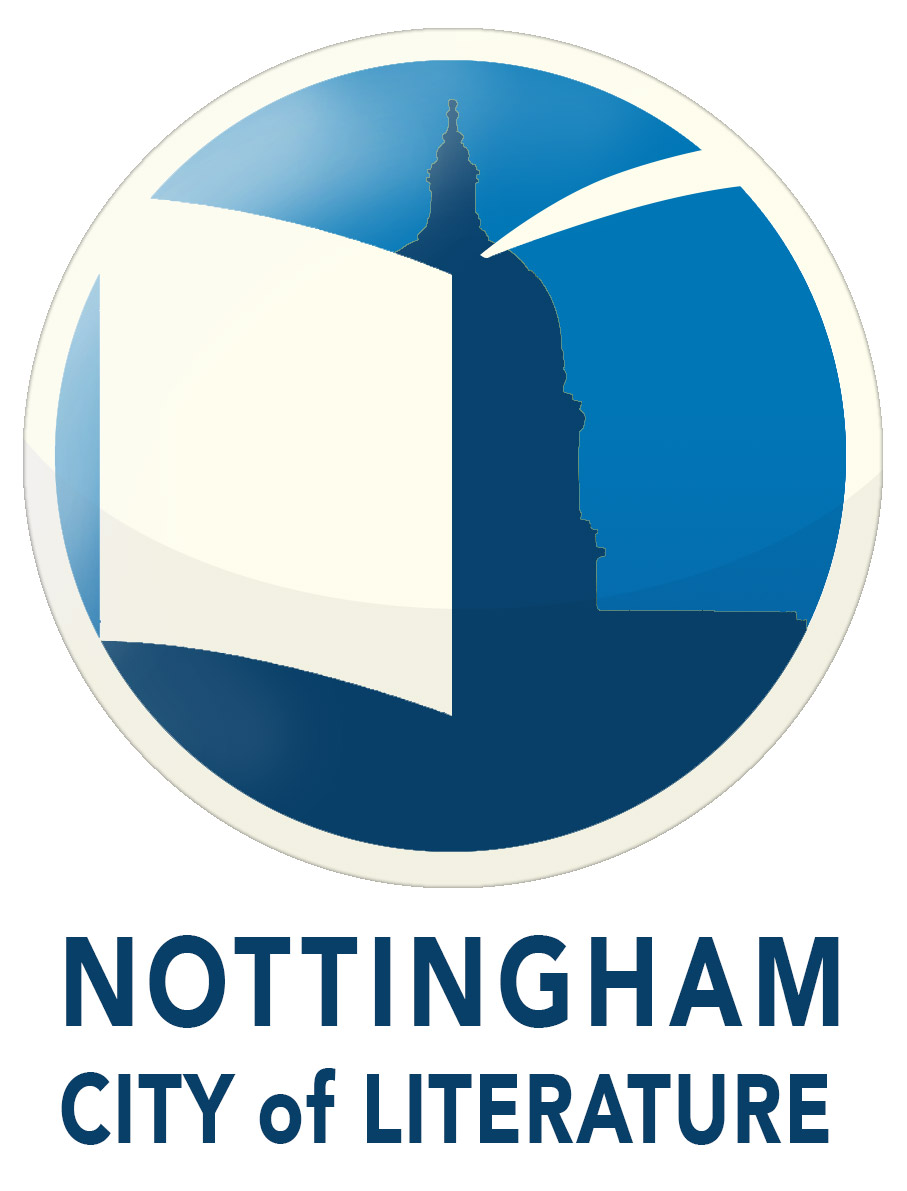OK, I’m cross. Very cross. It’s all too frequent these days, what with the increasing idiocy of politicians and the gradual erosion of standards of living across the board (oh, did I say ‘across the board’? I meant ‘for those who already have criminally low standards of living’). But I’ve just read this article on the BBC News website, in which Tory MP David Davies says Cameron’s plan to put through a bill allowing gay marriage is ‘barking mad’.
It’s the sort of thing you’d expect from a Tory, I suppose. But what the f*ckwit says is so STUPID that I’m literally shaking with anger.
I’ve found myself in the uncomfortable position today of supporting David Cameron, Boris Johnson and Michael Gove, all of whom are in favour of permitting gay marriage. Wow. Never thought that would happen. But good for them. They’ve come up with a reasonable way of legislating to allow gay people to get married without forcing churches that don’t consider loving relationships between people of the same sex to be valid to carry out the ceremonies. It’s not perfect, but it’ll do for now.
And what does this idiot David Davies say? Let’s look at it in detail:
“…we’re going to lose a large number of very loyal activists…” So it’s not about whether this is the right thing to do. It’s about whether people will still like the Tories if they do it. So, to go to extremes, it would have been wrong to take a stand against Hitler in the mid-1930s because it might upset people? Umm…
“If there are any sort of areas where there isn’t full equality with married couples then I’d be more than happy to support making changes to civic ceremonies, so I really don’t know why we need to go ahead with this at all.” So the right to be able to marry one’s life partner isn’t included in ‘full equality’ then? Umm… [and before anyone says ‘it’s just a word’ – BOLLOCKS is just a word as well. As is FUCK. And if you’re offended by that, don’t try to tell me words don’t have any power.]
“I think most parents would prefer their children not to be gay, knowing most parents want grandchildren if nothing else.” Well, Mr Davies, my parents have three children, only one of whom has (or is likely to have) children. And that child is the one that is gay. Umm…
“…having gay marriage recognised by law which opens the door to all churches being forced to do that…” apparently because we have so many laws imposed on us by the European Court of Human Rights. Oh, for pete’s sake. I’m not even going to dignify that with a response.
“It changes the way that sex education is going to be taught in schools.” W, as they say, TF? How? Why? If there would be a change required by allowing gay couples to marry, then perhaps that change should be happening anyway, huh?
I’m furious. FURIOUS.
This issue isn’t particularly relevant to me as an individual at the moment, even though I’m gay. I’m not in any kind of relationship, and to be honest, there’s not much room in my life for all the shenanigans that go with finding someone to be in a relationship with. When would I find time to go on a date? I work 12-16 hours every day, 7 days a week. No time or energy for a quick shag, let alone a fulfilling relationship. And, strange as it may sound, I’m perfectly happy on my own.
However, it is very relevant to all of us as a society, and hence to me as a member of that society. Stella Duffy expresses the argument for allowing gay marriage a lot more clearly and powerfully than I ever could, so I suggest you read her recent post, Ten Reasons I’d Like To Be Allowed To Marry My Wife.
I have two sons. As younger teenagers, they adopted the playground use of the word ‘gay’ as a derogatory term. I tried to explain to them that this was hurtful to gay people and encouraged subconscious or casual homophobia. They said, ‘Mum, it’s just a word.’ I didn’t tell them I was gay.
A year or so later, when I did tell them, I’ve never been so proud of the way they reacted. Or rather, didn’t react.
Me: ‘Kids, come here, I’ve got something to tell you.’
[kids approach, looking worried]
Me: ‘I’m gay.’
Kids: ‘Oh, is that all?’
[Kids get back to whatever they were doing]
And ever since then my sexuality hasn’t been an issue. The only thing that changed is that the boys have stopped using ‘gay’ as a casual insult.
I know lots of young people. And I can’t think of a single one of them that is the slightest bit fazed by homosexuality, or would want to deny gay people the right to marry, or would treat gay people as inferior in any way. In fact, my older son is ruder about people with ginger hair than he is about gay people (I don’t approve of gingerism either, by the way – it’s just as irrational as homophobia).
Perhaps David Davies and all those idiots who think gay people don’t deserve the same rights as anyone else should listen to the next generation and stop living in the past.
WANKERS, the lot of them. (hey, it’s just a word)

